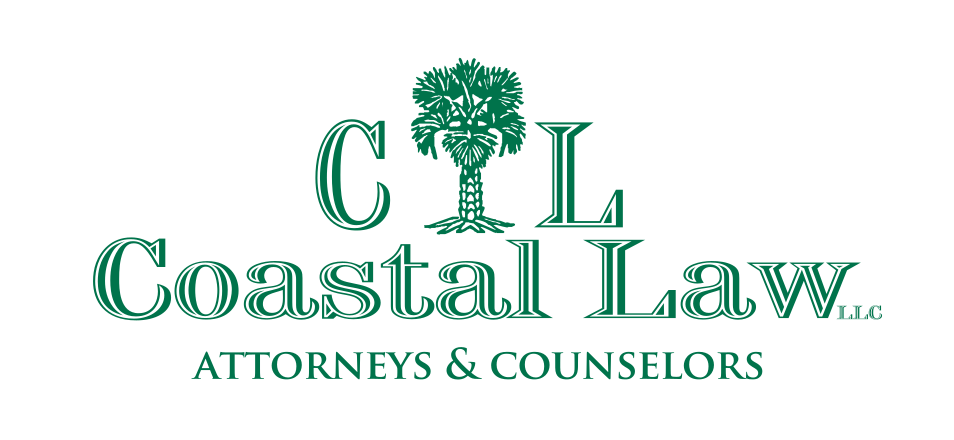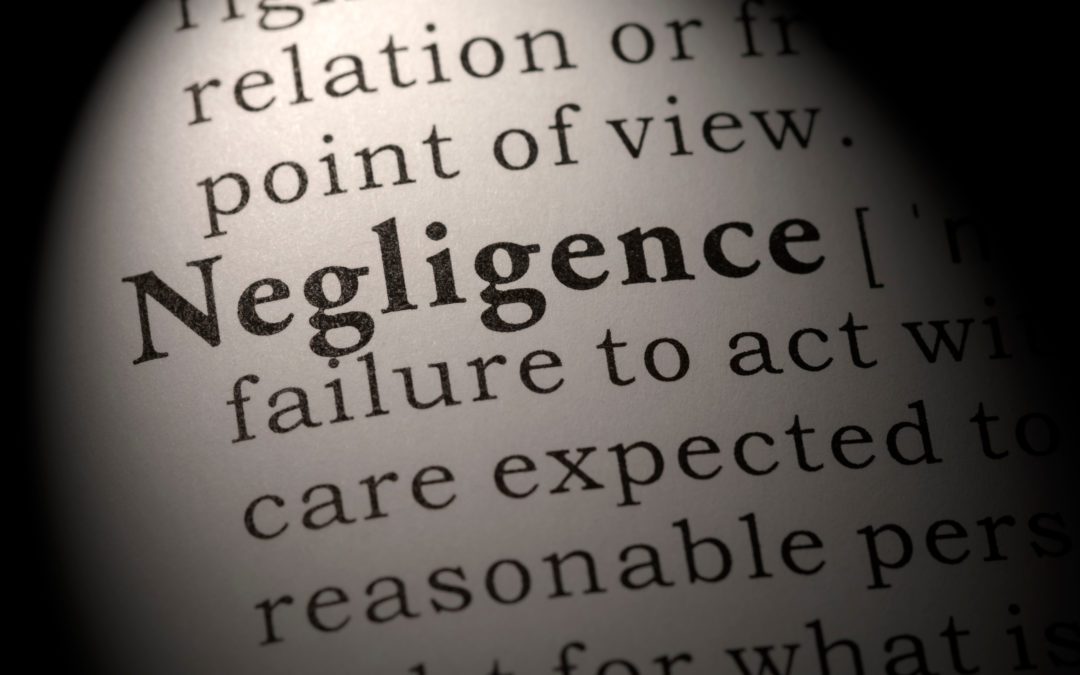What is negligence per se, and how can you use it to win your auto accident claim?
Below, we will review what negligence per se means in SC courts, including:
- Negligence per se and strict liability,
- What negligence per se means,
- Defenses to negligence per se, and
- Examples of negligence per se in civil cases.
Negligence Per Se and Strict Liability in SC
Negligence per se is when a person violates a statute or regulation that was designed to protect against the type of injury that resulted – the most common example is traffic violations.
SC’s traffic laws, including the laws against speeding or the laws requiring you to follow traffic signals, are designed to protect the public by preventing auto accidents. When someone violates a traffic law, and it results in an auto accident, they have violated a law that was intended to protect the public against the injury that resulted – an auto accident.
Once it is proven that they violated the traffic law – whether it is through a conviction, an admission, or through other evidence, they are negligent per se. The person who was injured in the auto accident must still prove causation and damages, but they no longer need to establish that the defendant violated their duty of care – it is already proven by the defendant’s violation of the traffic law.
How do You Prove Negligence?
To prove that someone was negligent, and therefore responsible for your damages, you must show that:
- They owed you a duty,
- They breached that duty, and
- The breach of their duty caused your damages.
When the person has violated a law designed to protect the public against the type of injury they caused, 1) the duty has been established by the existence of the law they violated, and 2) the breach of their duty has been established by their violation of the law.
They are per se negligent, although the plaintiff still needs to establish that the defendant’s negligence caused their damages.
Negligence Per Se, Causation, and Damages
Once negligence per se has been established by proof of a statutory violation, the plaintiff still must establish that their injuries were caused by the defendant’s negligence, and the plaintiff must establish the amount of their damages.
For example, if the defendant ignored a stop sign and collided with your vehicle in the intersection, their negligence in ignoring the stop sign most likely is the proximate cause of the crash – and your damages.
On the other hand, if you also ignored a stop sign at a four-way stop, causation may be an issue – did you cause the accident?
You must also prove the amount of your damages. You can bet that, even when liability is clear due to a statutory violation, the insurance company is still going to minimize your damages and attempt to pay the least amount possible – sometimes, even going to trial with a jury because they refuse to pay full and fair compensation.
You must prove your medical expenses, your pain and suffering, your lost wages, and the cost of future medical care that may be required because of the defendant’s negligence. In some cases, you must prove it to the insurance company, and, in other cases, you must prove it to a judge or a jury who will force them to pay the full amount.
Defenses to Negligence Per Se
Violation of a law or regulation creates a rebuttable presumption of negligence per se – the defendant still has the opportunity to prove, if they can, that:
- They did not violate the statute or regulation,
- The plaintiff was not in the class of people that the law was designed to protect,
- The law was not intended to protect against the type of injury the plaintiff suffered, or
- The violation was not the proximate cause of the plaintiff’s damages.
Comparative negligence may also be a defense to negligence per se. Regardless of whether the defendant violated a traffic law, if you are more than 50% at fault for the collision, you recover nothing. If you are 50% or less at fault, your recovery is reduced by the percentage of fault the jury assigns to you.
What is Strict Liability?
Strict liability is similar to negligence per se, and the two terms are often used interchangeably. While negligence per se usually refers to the violation of a statute or regulation, however, strict liability is ordinarily imposed when an activity is inherently dangerous.
For example, if you keep a tiger or other dangerous animal in your home, you are strictly liable for the consequences if the animal escapes and injures or kills someone (you are most likely also negligent per se because there are laws that prohibit the unauthorized keeping of dangerous animals in your home).
Similarly, if you are working with dynamite, nuclear materials, or other inherently dangerous substances, you may be strictly liable for the consequences if you damage property or injure someone.
Strict liability is also often imposed by statute – for example, SC law imposes strict liability for defective products and dog attacks.
Examples of Negligence Per Se
What are some examples of negligence per se?
In auto accident cases, the most common use of negligence per se is when the at-fault driver violates a traffic law, like:
- Speeding,
- Obeying traffic signals,
- Following too closely,
- Failing to use a turn signal,
- Stopping in the roadway,
- Driving in the wrong lane, or
- Driving while under the influence of alcohol or drugs.
Violation of any law or regulation can be a basis for negligence per se, however, when the law was intended to protect against the type of injury that resulted. Commercial truck drivers who violate federal regulations, for example, may be negligent per se if their violations were the cause of the crash and your damages.
A contractor may be negligent per se if it is proven that they violated building codes. A realtor could be negligent per se if they violate laws designed to protect home buyers. A doctor could be negligent per se if they violate laws designed to protect patients from harm.
Car Accident Lawyers in Myrtle Beach, SC
Your auto accident attorney at Coastal Law will investigate your crash, help you to determine who was at fault and whether they were negligent per se, negotiate with the insurance companies to recover full and fair compensation for your injuries, and try your case to a jury if the insurance company refuses to pay your valid claim.
Call Coastal Law now at (843) 488-5000 or message us through our website to speak with an experienced auto accident attorney in Myrtle Beach today.


